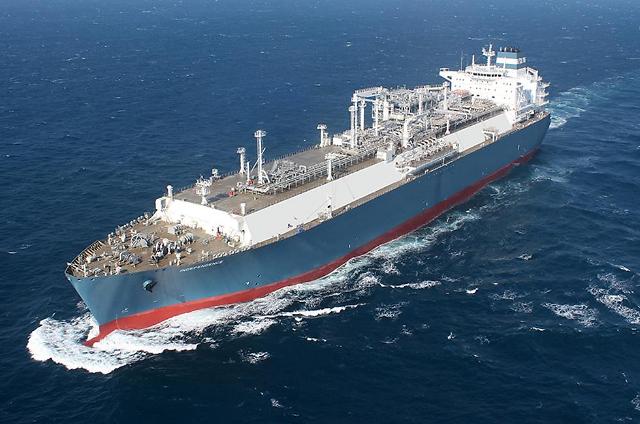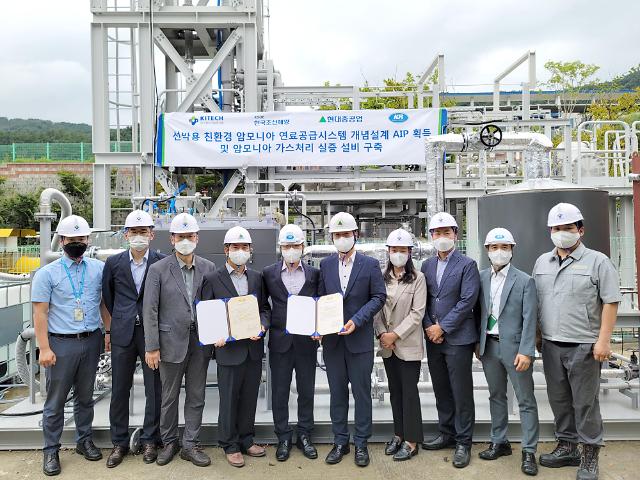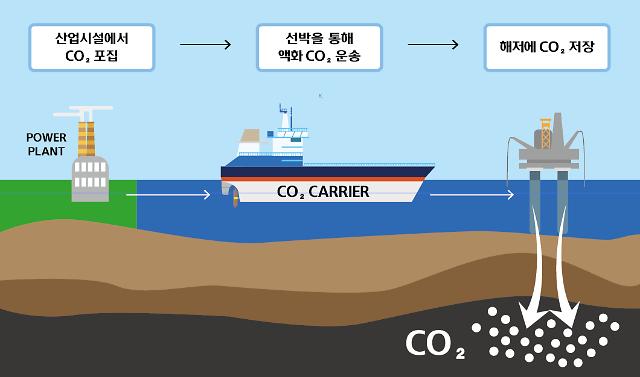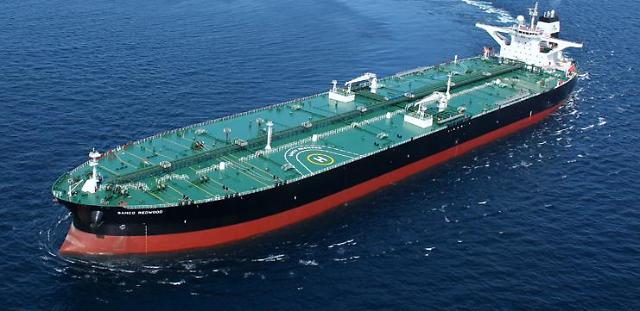
[Courtesy of KSOE]
The project involves Korea Shipbuilding & Offshore Engineering (KSOE) affiliated with the Hyundai shipbuilding group, the Korea Research Institute of Ships and Ocean Engineering (KRISO), South Korea's steel group POSCO, and Hylium Industries, a developer of hydrogen technology solutions. The shipbuilding group has unveiled a new business roadmap to establish a hydrogen value chain by 2030 and develop hydrogen transport ships and create vessels with hydrogen fuel propulsion systems.
KSOE is incharge of designing a dual structure to minimize the natural vaporization of hydrogen by increasing vacuum insulation performance. POSCO will develop stainless steel for storing and transporting liquid hydrogen. Hyrium is responsible for manufacturing tanks. KRISO will support safety research.
Because hydrogen has a very low volumetric energy density, transporting hydrogen in gas or liquid forms is not very efficient. Hydrogen is extremely flammable when it is mixed with very small amounts of air. The liquefaction of hydrogen requires cooling to a temperature of minus 253 degrees Celsius and subsequent storage in cryogenic containers.
Liquid hydrogen is essential in a government campaign to expand the use of fuel cells. In May, Korea Gas Corp. (KOGAS) tied up with GS Caltex to establish a hydrogen value chain and build a liquid hydrogen plant with an annual production capacity of 10,000 tons by using waste cold energy generated from the regasification of liquefied natural gas (LNG). The plant would be completed at the idle site of an LNG base in December 2024.
Copyright ⓒ Aju Press All rights reserved.




View more comments